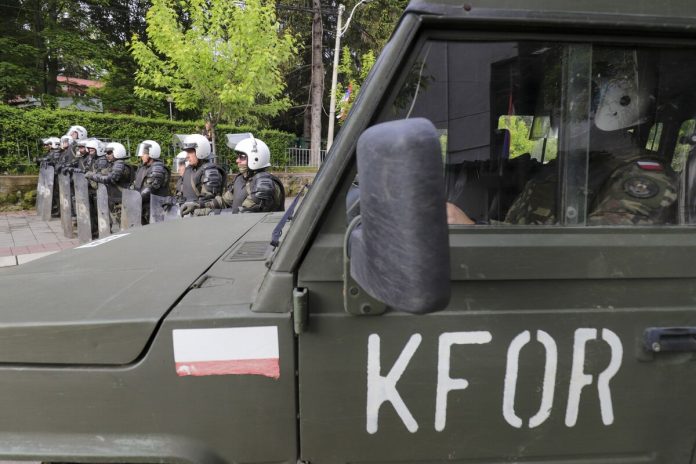Tensions between Serbia and Kosovo rose sharply this weekend. The reason for this was the shooting of 30-armed Serbs with police in Kosovo, according to The Independent.
Sunday’s clash was one of the most serious since Kosovo declared independence from Serbia in 2008. The incident occurred just as the European Union and the United States are trying to mediate and conclude protracted talks to normalise relations between the two Balkan states.
Western countries fear a resumption of the 1998-1999 war in Kosovo. At that time, the hostilities claimed more than 10,000 lives and deprived more than 1 million people of their homes.
Kosovo Prime Minister Albin Kurti accused Serbia of sending attackers into Kosovo. Serbian President Aleksandar Vucic denied this, saying the attackers were Kosovo Serbs who had rebelled against “Kurti’s terror”.
Kosovo is a territory that was part of Serbia before its declaration of independence and is populated predominantly by ethnic Albanians. The Serbian government does not recognise Kosovo’s statehood, but it does not formally control the territory, The Independents reports.
The US and most Western countries recognised Kosovo’s independence. China, Russia and five EU countries sided with Serbia. The complex situation has kept the Balkan region in tension since the breakup of the former Yugoslavia in the 1990s.
The dispute over Kosovo’s statehood is rooted far back in history. For Serbs, it is a central area for both their religion and statehood. Serbian nationalists regard the battle with the Ottoman Turks in 1389 as a symbol of their national struggle for independence. Kosovo is home to many medieval Serbian Orthodox monasteries.
The majority of Kosovo’s population are ethnic Albanians who practise Islam. They consider Kosovo their country and blame Serbia for its occupation and constant repression of them for decades.
In 1998, ethnic Albanians revolted to liberate the country from Serbian rule. in 1999, NATO entered the conflict, thereby forcing Serbia to withdraw its troops and hand over control of the country to international peacekeepers.
Kosovo is a poor country with a population of about 1.7 people. It has virtually no industry, crime and corruption are rampant, and it still hosts about 4,500 peacekeepers.
Relations between the Kosovo government and ethnic Serbs in northern Kosovo, who maintain close ties with Belgrade, have always been strained. Mitrovica, the main town in the north, is virtually divided into an ethnic Albanian and Serb-controlled part, and the two sides rarely overlap. There are also small enclaves of Serbs in the south of Kosovo, according to The Independent.
Government attempts to impose tighter control in the north have often met with local resistance. The situation escalated sharply earlier this year when Serbs boycotted local elections. They then tried to prevent newly elected ethnic Albanian mayors from entering their offices. Some 30 NATO peacekeepers and more than 50 Serb demonstrators were injured in the clashes that followed.
